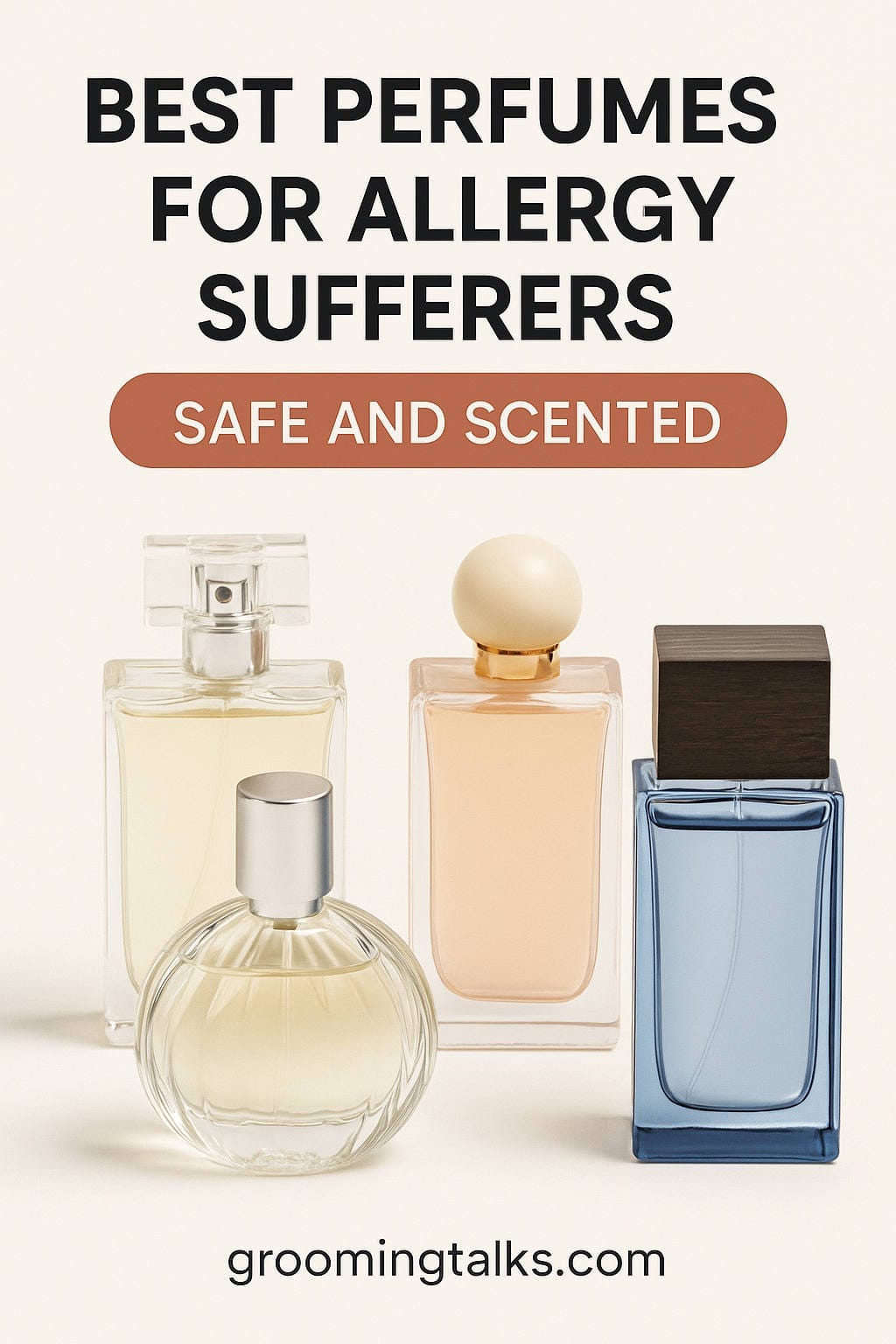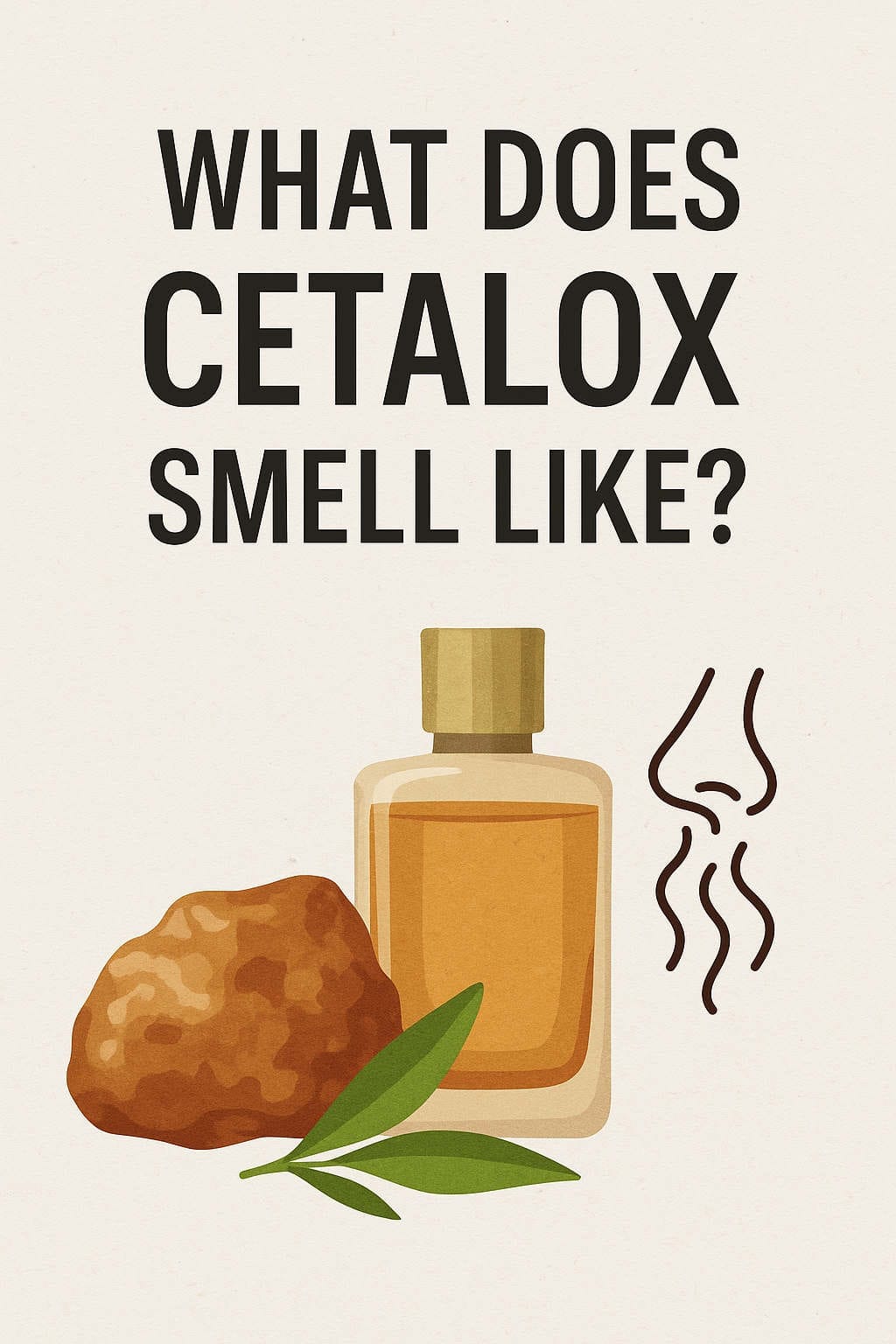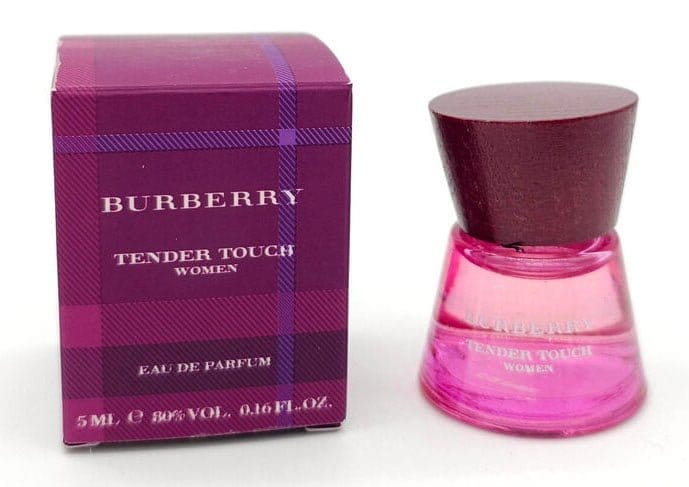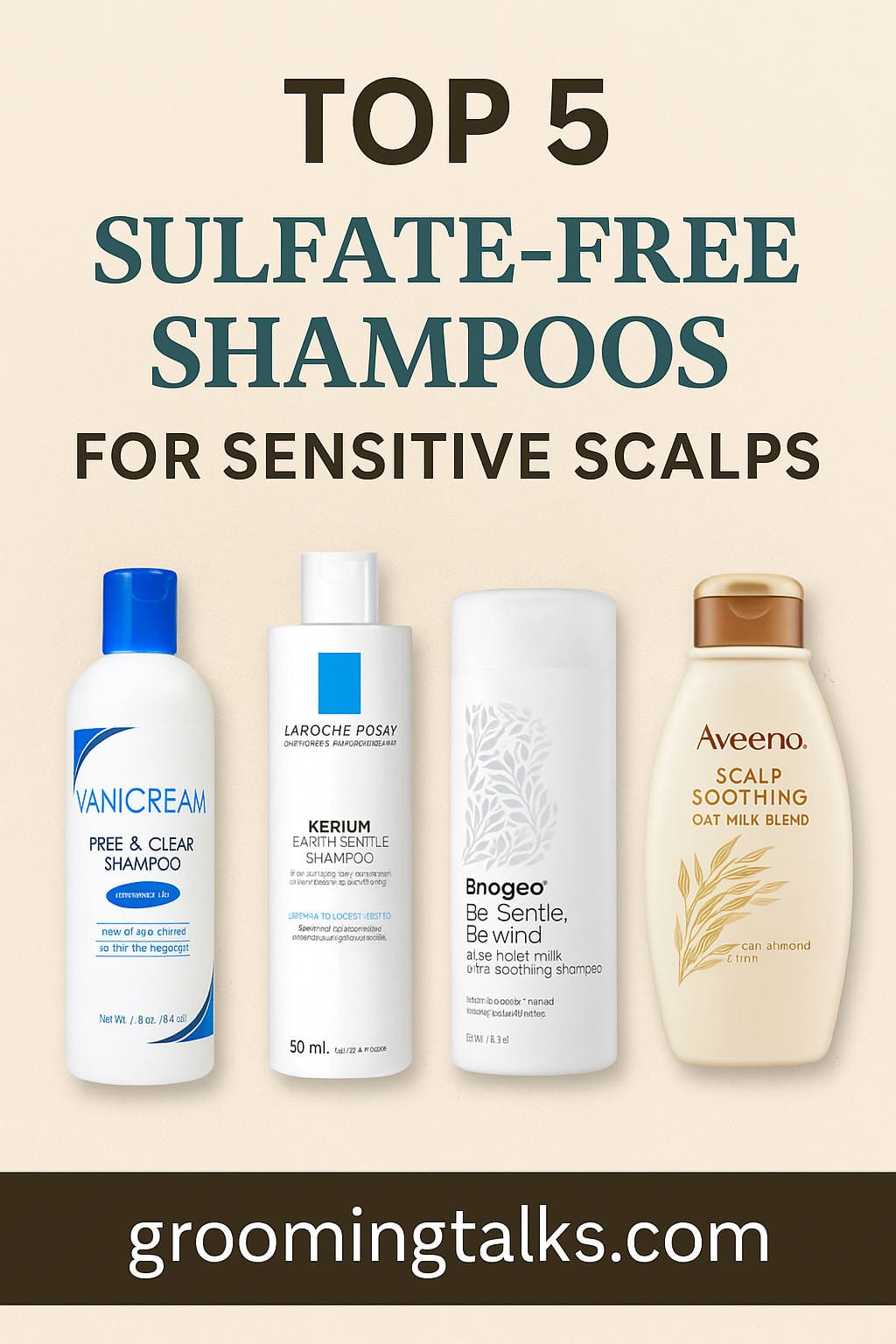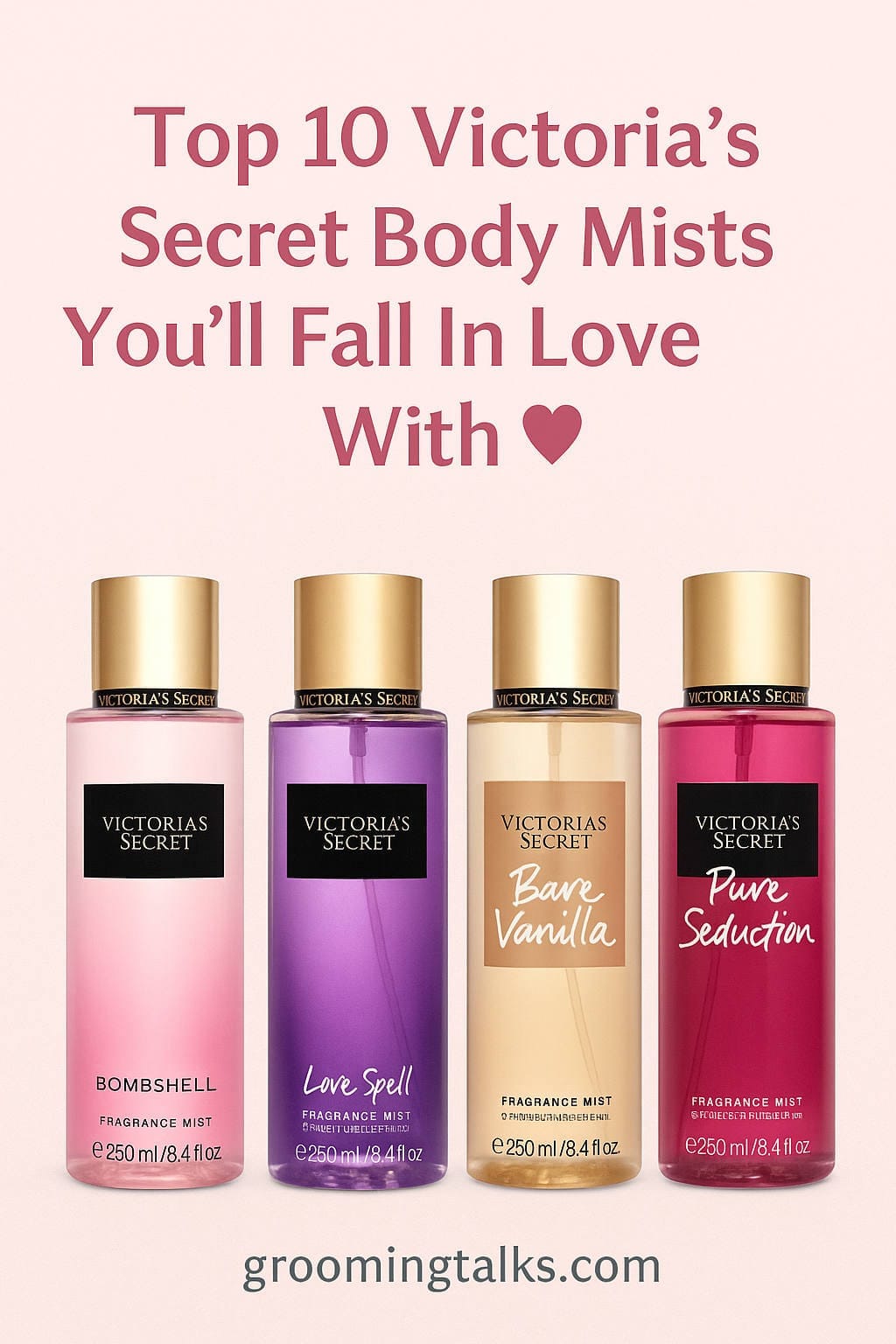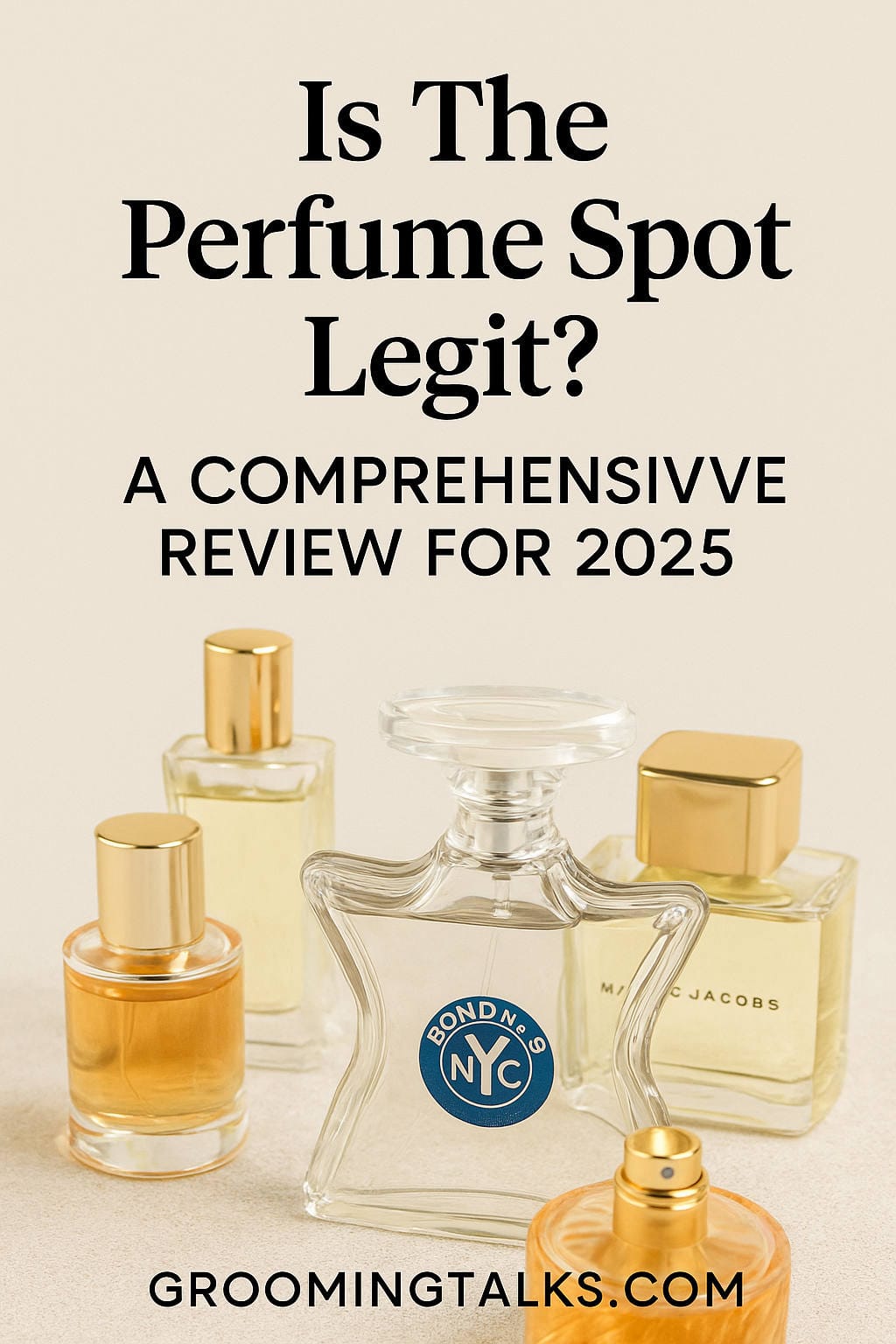Perfume can be a powerful expression of personality, but for those with fragrance allergies or sensitivities, it often feels like a forbidden luxury. Sneezing, headaches, skin rashes, or even breathing difficulties can turn a spritz of scent into a health hazard. Research suggests that up to 30% of people experience discomfort from scented products, making the search for allergy-friendly perfumes a priority for many. Fortunately, hypoallergenic and natural fragrances have revolutionized the industry, offering safe, delightful options. This guide explores the best perfumes for allergy sufferers, with tips on choosing safe scents, avoiding triggers, and our top recommendations to keep you fragrant and symptom-free.
Understanding Fragrance Allergies
Fragrance allergies occur when the immune system reacts to specific ingredients in perfumes, mistaking them for harmful substances. This can lead to symptoms like itchy skin, hives, nasal congestion, or migraines. Sensitivities, while not always allergic reactions, can cause similar discomfort, such as headaches from strong scents.
Common culprits include synthetic chemicals Perspective chemicals like phthalates, parabens, and linalool, as well as certain essential oils (e.g., citrus, jasmine, or oak moss). Hypoallergenic perfumes minimize these risks by using cleaner, natural ingredients, but since triggers vary, no fragrance is universally safe. Understanding your specific sensitivities is key to finding a perfume that works for you.
What Makes a Perfume Allergy-Friendly?
Choosing a perfume that won’t trigger reactions requires attention to its formulation. Here’s what to look for:
Clean Ingredients: Hypoallergenic perfumes avoid synthetic fragrances, parabens, phthalates, and dyes, opting for natural or organic components with lower allergenic potential.
Essential Oil-Based: Fragrances made with plant extracts or essential oils are often gentler, though some oils can still irritate.
Transparent Labeling: Brands that disclose all ingredients help you avoid known triggers like citronella or Peru balsam.
Light Formulations: Eau de toilette or body mists are less concentrated than eau de parfum, reducing irritation risk.
Alcohol-Free Options: Perfumes using natural alcohols (e.g., sugarcane-derived) or no alcohol are kinder to sensitive skin.
Cruelty-Free and Vegan: These often align with clean beauty standards, avoiding harsh chemicals.
Pro Tip: Always patch test a new perfume by applying a small amount to your inner wrist and waiting 24 hours to check for reactions like redness or itching.
How to Choose and Test Perfumes Safely
Finding the right perfume as an allergy sufferer takes care and strategy. Follow these steps:
- Patch Test Thoroughly: Apply a small amount to your inner arm or behind your ear. Monitor for 24–48 hours for signs of irritation.
- Try Samples First: Opt for travel sizes or discovery kits to test fragrances over time without committing to a full bottle.
- Consult Experts: A dermatologist or allergist can perform patch testing to identify specific triggers. Naturopaths may suggest dietary changes to reduce sensitivities.
- Apply Indirectly: Spray perfume on clothing, hair, or a scarf to minimize skin contact and reduce dermatitis risk.
- Minimize Scent Overload: Pair your perfume with fragrance-free lotions and deodorants to avoid compounding allergens.
- Read User Feedback: Check reviews from other sensitive users on sites like Sephora or Fragrantica for real-world insights.
Top 10 Allergy-Friendly Perfumes
Below are our top picks for hypoallergenic perfumes, selected for their clean formulations, gentle scents, and appeal to diverse tastes. Each is crafted to minimize irritation while delivering a memorable fragrance.
1. Skylar Capri Eau de Parfum
Why It’s Great: Skylar’s hypoallergenic, vegan fragrances are free of parabens and phthalates. Capri’s bright, citrusy notes are perfect for sensitive noses.
Key Notes: Blood orange, neroli, sea salt, driftwood.
Best For: Everyday wear, citrus lovers.
Where to Buy: Skylar’s website, Sephora.
User Insight: “No sneezing or rashes, just a fresh, summery scent that lasts!”
2. Henry Rose Torn
Why It’s Great: Founded by Michelle Pfeiffer, Henry Rose offers transparent, cruelty-free fragrances. Torn is a warm, musky scent with minimal allergens.
Key Notes: Vanilla, sandalwood, freesia.
Best For: Cozy, evening wear.
Where to Buy: Henry Rose’s website, Nordstrom.
User Insight: “My sensitive skin loves this. It’s rich but doesn’t overwhelm.”
3. Phlur Missing Person
Why It’s Great: Phlur’s sustainable, hypoallergenic fragrances are gentle and long-lasting. Missing Person is a soft, skin-like scent.
Key Notes: White musk, bergamot nectar, orange flower.
Best For: Subtle, daily wear.
Where to Buy: Phlur’s website, Sephora.
User Insight: “Feels like a second skin. No irritation, even with asthma.”
4. Maison Louis Marie No. 09 Vallée de Farney
Why It’s Great: This essential oil-based, alcohol-free perfume oil is gentle on sensitive skin, with a crisp, green scent.
Key Notes: Grapefruit, black pepper, cedarwood.
Best For: Unisex, nature-inspired scents.
Where to Buy: Maison Louis Marie’s website, Ulta.
User Insight: “No headaches, just a fresh, forest-like vibe.”
5. Heretic Dirty Grass
Why It’s Great: Heretic uses natural ingredients and sugarcane alcohol. Dirty Grass is an earthy, green fragrance for sensitive users.
Key Notes: Galbanum, hemp, vetiver.
Best For: Bold, herbal scents.
Where to Buy: Heretic’s website, Credo Beauty.
User Insight: “Unique and non-irritating. Perfect for my allergies.”
6. Clean Reserve Rain
Why It’s Great: Clean Reserve’s eco-conscious fragrances avoid harsh chemicals. Rain is a dewy, floral scent that’s easy on sensitivities.
Key Notes: Water lily, white flowers, patchouli.
Best For: Fresh, daytime wear.
Where to Buy: Sephora, Clean Reserve’s website.
User Insight: “Light and clean, no sinus issues at all.”
7. Lush Lord of Misrule
Why It’s Great: Lush’s ethical, vegan perfumes are gentle and natural. Lord of Misrule is a spicy, patchouli-driven scent.
Key Notes: Patchouli, black pepper, vanilla.
Best For: Warm, festive occasions.
Where to Buy: Lush’s website, Lush stores.
User Insight: “Spicy but safe for my sensitive nose. Love it!”
8. Nest New York Balinese Coconut
Why It’s Great: Nest’s cruelty-free fragrances are formulated for longevity. Balinese Coconut is a tropical, creamy scent.
Key Notes: Coconut milk, tiare flower, vanilla bean.
Best For: Vacation vibes, summer wear.
Where to Buy: Nest New York’s website, Sephora.
User Insight: “No skin reactions, just a lush, beachy scent.”
9. Pacifica Beauty Moonray Bloom
Why It’s Great: Pacifica’s affordable, vegan perfumes are gentle. Moonray Bloom is a dreamy, floral fragrance.
Key Notes: Jasmine, tuberose, ylang-ylang.
Best For: Budget-friendly floral fans.
Where to Buy: Pacifica’s website, Target.
User Insight: “Soft and non-irritating, great for daily use.”
10. Juliette Has a Gun Not a Perfume
Why It’s Great: This minimalist fragrance uses one synthetic molecule (cetalox), reducing allergen risks. It’s clean and personal.
Key Notes: Cetalox.
Best For: Severe sensitivities, subtle scents.
Where to Buy: Sephora, Juliette Has a Gun’s website.
User Insight: “Finally, a perfume I can wear without migraines!”
Additional Tips for Allergy Sufferers
To enhance your fragrance experience, consider these strategies:
Rotate Fragrances: Using the same scent daily can increase sensitization. Switch between a few hypoallergenic options.
Try Perfume Oils: Oils, like Maison Louis Marie’s, are less volatile, reducing airborne irritants.
Look for Certifications: Seek brands compliant with FDA or EU allergen regulations for safer ingredients.
Explore Water-Based Scents: Water-based perfumes, like Ellis Brooklyn’s Myth, may be gentler for alcohol-sensitive skin.
Go Fragrance-Free Sometimes: Reserve perfumes for special occasions if sensitivities are severe.
Common Allergens to Avoid
Steer clear of these frequent triggers:
- Synthetic Fragrances: Often listed as “parfum,” these may hide undisclosed irritants.
- Phthalates/Parabens: Linked to skin and respiratory issues.
- Linalool/Limonene: Common in citrus and floral scents, can cause dermatitis.
- Certain Essential Oils: Rose, ylang-ylang, or balsam of Peru may irritate some users.
The Future of Allergy-Safe Fragrances
The fragrance industry is embracing inclusivity, with brands like Skylar and Phlur prioritizing clean, transparent formulations. Innovations like single-molecule perfumes (e.g., Juliette Has a Gun) and plant-based alcohols are reducing risks. As demand for safer scents grows, expect more brands to adopt EU allergen standards and full ingredient disclosure, making perfume accessible to all.
Conclusion
Fragrance allergies don’t have to sideline your love for perfume. With hypoallergenic options like Skylar’s Capri or Juliette Has a Gun’s Not a Perfume, you can enjoy captivating scents without discomfort. By patch testing, choosing clean ingredients, and applying strategically, you’ll find a fragrance that feels like you—safe, personal, and symptom-free. Explore these recommendations, consult professionals if needed, and rediscover the joy of scent with confidence.

